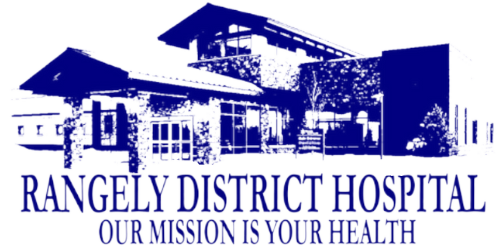Infection Prevention Program
RDH takes special precautions to prevent the spread of infection. This is called an Infection Prevention Program which includes monitoring for active infection, using precautions based on the type of infection and the method by which it is spread, placing patients in negative or positive air flow rooms, and collaborating with the care team to ensure the infection is managed appropriately. These precautions protect the patient/resident/staff and community. It is essential that you abide by these precautions during your time in our facility.
.png?ixlib=rb-1.1.0&w=2000&h=2000&fit=max&or=0&s=99aebbff272423fdf6acf4e7b4881eba)
RDH has implemented the CDC's Core Elements of Hospital Antibiotic Stewardship Program, which provides methods to measure and improve how antibiotics are prescribed by clinicians and used by patients. Improving antibiotic prescribing and use is critical to effectively treat infections, protect patients from harm caused by unnecessary antibiotic use, and to combat antibiotic resistance.
All patients and guests will be given the same standard of care and quality of treatment as any other patient/guest of our facility, regardless of the nature of their illness.
HOW DO INFECTIONS SPREAD?
- Disease-causing organisms such as a virus or bacterium must be present.
- The organism must have a place to live, such as in or on the human body, in substances such as human waste, or on inanimate objects such as a computer keyboard, cell phone or door handles.
- A vulnerable host must be present, such as newborns, the elderly, or those who have a compromised immunity.
- Germs are spread by person to person contact, when touching a surface where the germs are living, through droplets in the air after a sneeze or cough, or carried through the air in dust or pollen.
- Germs enter the body through the mouth, eyes, nose or an open wound.
HAND HYGIENE
Hand hygiene is the number one defense against germs. You should practice hand hygiene:
- Before entering a patient/resident room
- Before eating or preparing food
- Before touching your eyes, nose, or mouth
- After using the restroom
- After blowing your nose, coughing or sneezing
- After touching pets
Hand washing for 20 seconds is preferred and should be practiced when your hands are visibly soiled, however alcohol-based hand sanitizers (at least 60% alcohol) may be used instead.

.png?ixlib=rb-1.1.0&or=0&w=720&h=720&fit=max&auto=format%2Ccompress&s=a558619fb183d7894ac32fb2fea3dd66)
.png?ixlib=rb-1.1.0&or=0&w=720&h=720&fit=max&auto=format%2Ccompress&s=d9dbd1b652c0af72a2c88fb4239bfce7)